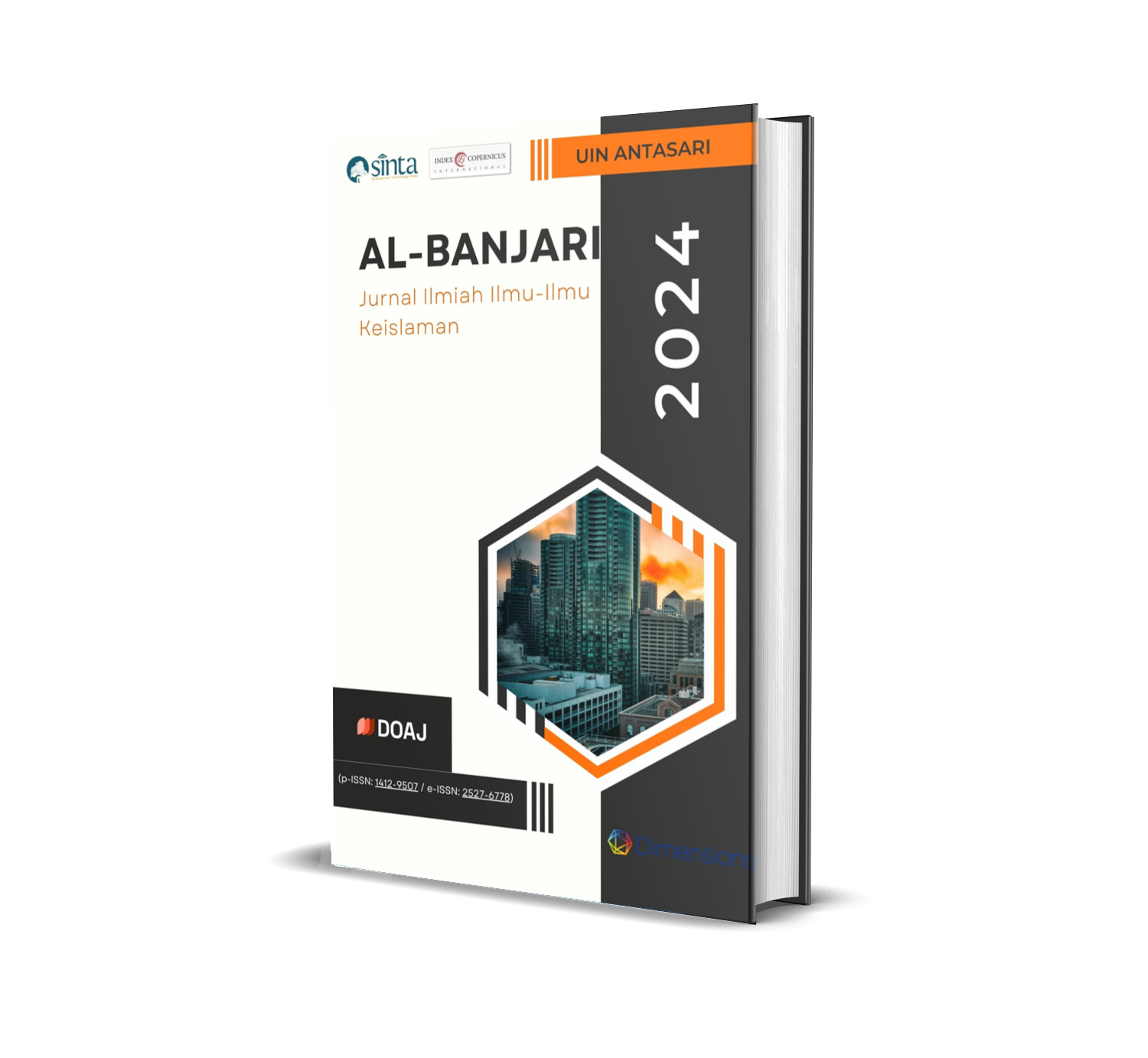Fostering Interest in Sharia Insurance Agent Certification: A Multidimensional Dialogue between Cultural Dynamics and Social Realities
DOI:
https://doi.org/10.18592/albanjari.v23i1.12484Abstract
This study examines the influence of motivation and perception on the interest of Sharia Insurance department students at UIN Antasari Banjarmasin in obtaining Sharia insurance agent certification. A multidimensional approach integrating cultural dynamics and social realities is adopted to understand the complexity of this phenomenon. Quantitative methods with regression analysis are used to analyze data from 120 respondents. The research findings indicate that motivation and perception have a significant influence both individually and simultaneously on students' interest in pursuing Sharia insurance agent certification. Cultural dynamics, such as Islamic values and local traditions, influence students' motivation and perception towards Sharia insurance agent certification. Social realities, such as economic conditions and job opportunities, affect students' interest in undergoing certification processes. This study emphasizes the importance of building positive motivation and perception among Sharia Insurance students to enhance their interest in obtaining Sharia insurance agent certification. These efforts need to consider the cultural dynamics and social realities faced by students.Downloads
Published
2024-05-14
Issue
Section
Articles
License

This work is licensed under a Creative Commons Attribution-ShareAlike 4.0 International License.
Authors who publish with this journal agree to the following terms:
- Authors retain copyright and grant the journal right of first publication with the work simultaneously licensed under a Creative Commons Attribution License that allows others to share the work with an acknowledgement of the work's authorship and initial publication in this journal.
- Authors are able to enter into separate, additional contractual arrangements for the non-exclusive distribution of the journal's published version of the work (e.g., post it to an institutional repository or publish it in a book), with an acknowledgement of its initial publication in this journal.
- Authors are permitted and encouraged to post their work online (e.g., in institutional repositories or on their website) prior to and during the submission process, as it can lead to productive exchanges, as well as earlier and greater citation of published work (See The Effect of Open Access).


































